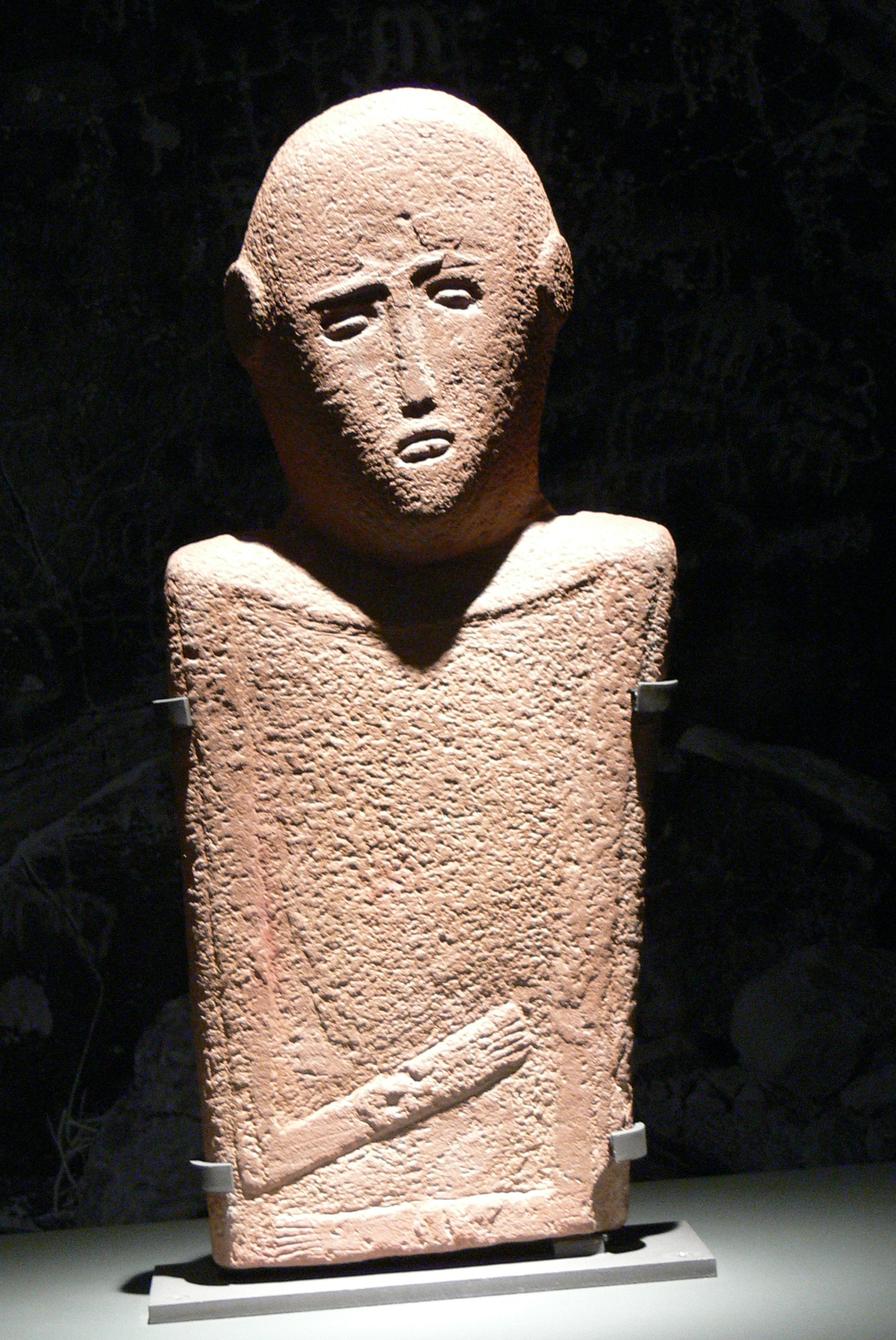Saudi Arabia
 Saudi Arabia, , ; .}} officially the Kingdom of Saudi Arabia (KSA),, .}} is a country in West Asia. Located in the centre of the Middle East, it covers the bulk of the Arabian Peninsula and has a land area of about , making it the fifth-largest country in Asia, the largest in the Middle East, and the 12th-largest in the world. It is bordered by the Red Sea to the west; Jordan, Iraq, and Kuwait to the north; the Persian Gulf, Bahrain, Qatar and the United Arab Emirates to the east; Oman to the southeast; and Yemen to the south. The Gulf of Aqaba in the northwest separates Saudi Arabia from Egypt and Israel. Saudi Arabia is the only country with a coastline along both the Red Sea and the Persian Gulf, and most of its terrain consists of arid desert, lowland, steppe, and mountains. The capital and largest city is Riyadh; other major cities include Jeddah and the two holiest cities in Islam, Mecca and Medina. With a population of almost 32.2 million, Saudi Arabia is the fourth most populous country in the Arab world.
Saudi Arabia, , ; .}} officially the Kingdom of Saudi Arabia (KSA),, .}} is a country in West Asia. Located in the centre of the Middle East, it covers the bulk of the Arabian Peninsula and has a land area of about , making it the fifth-largest country in Asia, the largest in the Middle East, and the 12th-largest in the world. It is bordered by the Red Sea to the west; Jordan, Iraq, and Kuwait to the north; the Persian Gulf, Bahrain, Qatar and the United Arab Emirates to the east; Oman to the southeast; and Yemen to the south. The Gulf of Aqaba in the northwest separates Saudi Arabia from Egypt and Israel. Saudi Arabia is the only country with a coastline along both the Red Sea and the Persian Gulf, and most of its terrain consists of arid desert, lowland, steppe, and mountains. The capital and largest city is Riyadh; other major cities include Jeddah and the two holiest cities in Islam, Mecca and Medina. With a population of almost 32.2 million, Saudi Arabia is the fourth most populous country in the Arab world.Pre-Islamic Arabia, the territory that constitutes modern-day Saudi Arabia, was the site of several ancient cultures and civilizations; the prehistory of Saudi Arabia shows some of the earliest traces of human activity outside Africa. Islam, the world's second-largest religion, emerged in what is now Saudi Arabia in the early seventh century. Islamic prophet Muhammad united the population of the Arabian Peninsula and created a single Islamic religious polity. Following his death in 632, his followers expanded Muslim rule beyond Arabia, conquering territories in North Africa, Central, South Asia and Iberia within decades. Arab dynasties originating from modern-day Saudi Arabia founded the Rashidun (632–661), Umayyad (661–750), Abbasid (750–1517), and Fatimid (909–1171) caliphates, as well as numerous other dynasties in Asia, Africa, and Europe.
Saudi Arabia was founded in 1932 by King Abdulaziz (also known as Ibn Saud), who united the regions of Hejaz, Najd, parts of Eastern Arabia (Al-Ahsa) and South Arabia (Aseer) into a single state through a series of conquests, beginning in 1902 with the capture of Riyadh. Saudi Arabia has since been an absolute monarchy governed by an authoritarian regime without public input. In its Basic Law, Saudi Arabia defines itself as a sovereign Arab Islamic state with Islam as its official religion and Arabic as its official language. The ultraconservative Wahhabi religious movement within Sunni Islam was the prevailing political and cultural force in the country until the 2000s. The Saudi government has attracted criticism for various policies such as its intervention in the Yemeni Civil War and widespread use of capital punishment.
Saudi Arabia is considered both a regional and middle power. Since petroleum was discovered in the country in 1938, the kingdom has become the world's second-largest oil producer and leading oil exporter, controlling the world's second-largest oil reserves and the sixth-largest gas reserves. Saudi Arabia is categorized as a World Bank high-income economy and is the only Arab country among the G20 major economies. The Saudi economy is the largest in the Middle East and the world's nineteenth largest by nominal GDP and seventeenth largest by PPP. Ranking very high in the Human Development Index, Saudi Arabia offers free university tuition, no personal income tax, and free universal health care. With its dependency on foreign labour, Saudi Arabia has the world's third-largest immigrant population. Saudi Arabians are among the world's youngest people, with approximately half being under 25 years old. Saudi Arabia is a member of the Gulf Cooperation Council, United Nations, Organisation of Islamic Cooperation, Arab League, and OPEC, as well as a dialogue partner of the Shanghai Cooperation Organisation. Provided by Wikipedia
-
1
-
2BookPublished 1980“…Saudi Arabia. Saudi Press Agency…”
-
3
-
4BookPublished 1386“…Saudi Arabia. Ministry of Pilgrimage and Endowment…”
-
5BookPublished 1992“…Saudi Arabia. Wizārat al-Iʻlām. Information Affairs…”
-
6BookPublished 1980“…Australian Agricultural Investment Survey Mission to Saudi Arabia…”
-
7BookPublished 1992“…Saudi Arabia. Wizārat al-Iʻlām. Information Affairs…”
-
8Conference Proceeding Book“… Sea and gulf of Aden Jeddah, Saudi Arabia…”
-
9Conference Proceeding BookPublished 1983“…International Symposium on Applications and Technology of Ionizing Radiations, Riyadh, Saudi Arabia…”